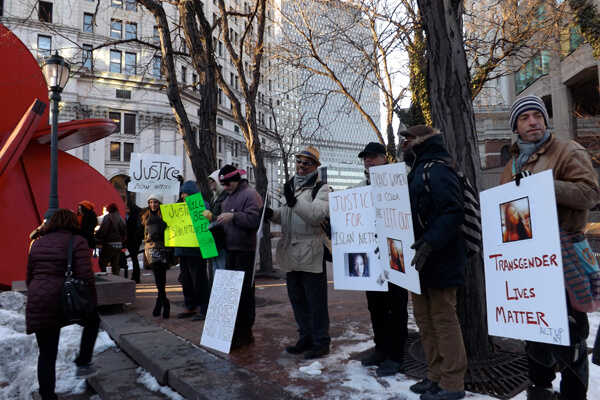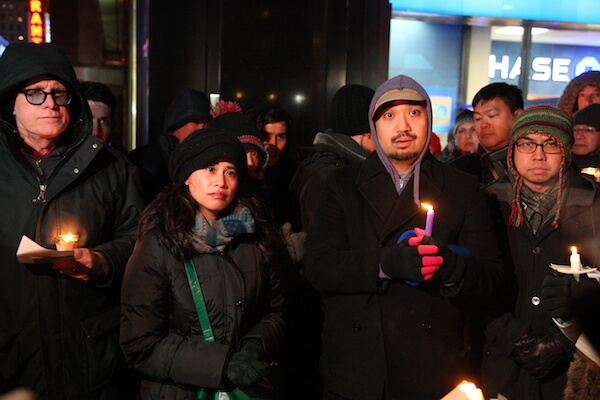For the first time, a federal district court has upheld the 2009 Matthew Shepard and James Byrd Jr. Hate Crimes Prevention Act in reponse to a constitutional challenge to its protections against crimes committed based on sexual orientation bias.
Judge Gregory F. Van Tatenhove ruled on October 15 that the federal hate crime prosecution of two Kentucky men who kidnapped and beat a man because he was gay does not violate the defendants’ constitutional rights.
The hate crimes law had previous been upheld in other contexts.
According to Van Tatenhove’s summary of the case, cousins David and Anthony Jenkins planned to kidnap and assault Kevin Pennington “because they knew him to be a homosexual.” They enlisted two women to lure Pennington into their pickup truck with David and Anthony hiding in the back, and traveled via a US highway to a state park “where they restrained and ‘brutally beat Pennington while yelling anti-homosexual comments.’” Pennington escaped and alerted law enforcement authorities, who arrested the two cousins and charged them with attempted murder. The case moved from state to federal court after the US attorney general certified that it would be prosecuted under federal kidnapping and hate crimes laws.
The Jenkins’ principal challenge focused on Congress’ authority to pass the law. The statute cites the Commerce Clause, limiting its application to conduct related to interstate commerce. The defendants’ challenge relied heavily on a Supreme Court ruling that some provisions of the federal Violence Against Women Act (VAWA) exceeded Congress’ power because it attempted to turn criminal conduct usually subject to state authority into a federal crime without establishing any particular link to interstate commerce.
Tatenhove pointed out that the Hate Crimes Prevention Act was in almost every respect similar to VAWA, with one important exception. In the hate crimes statute, Congress limited its application to situations involving interstate commerce or crossing state lines. Under Sixth Circuit Court of Appeals precedents binding on federal courts in Kentucky, a crime involving motor vehicle travel on a US highway falls within the authority of the Commerce Clause. This jurisdictional hook was sufficient to justify federal prosecution.
The court also rejected claims that the statute was too vague to meet due process requirements of the Constitution. Van Tatenhove found that an ordinary person could easily understand that committing a violent crime against somebody because they were gay comes within the scope of the statute. The court also rejected the argument that Congress discriminated against heterosexuals or provided special rights for gay people, observing that the statute protects everybody — straight, gay, or otherwise — from sexual orientation-motivated crime.
The Jenkins also claimed they were being subjected to double jeopardy by being prosecuted under both the hate crimes and kidnapping statutes. The court pointed out in response that each of the crimes is distinct — kidnapping need not involve infliction of physical injury and the hate crimes count was based on infliction of physical injury, not kidnapping. Although the hate crime law provides for an enhanced penalty if the crime includes kidnapping, the court concluded this did not impermissibly subject the Jenkins to multiple punishment for the same crime.
The Jenkins now proceed to trial in federal district court in London, Kentucky.




































